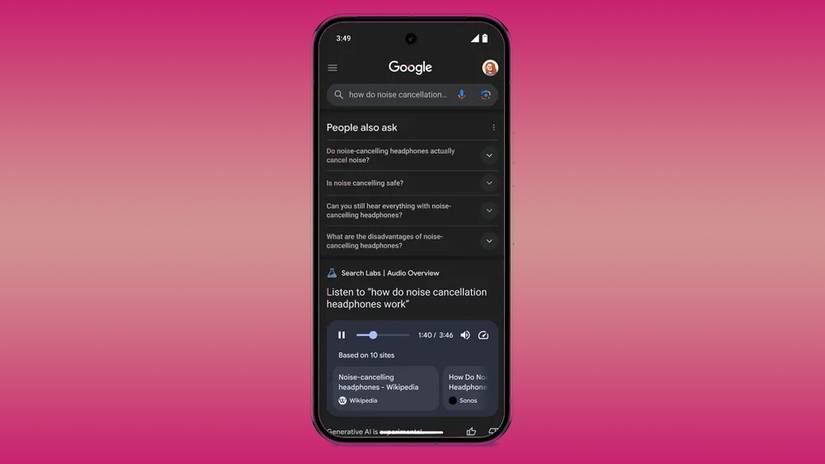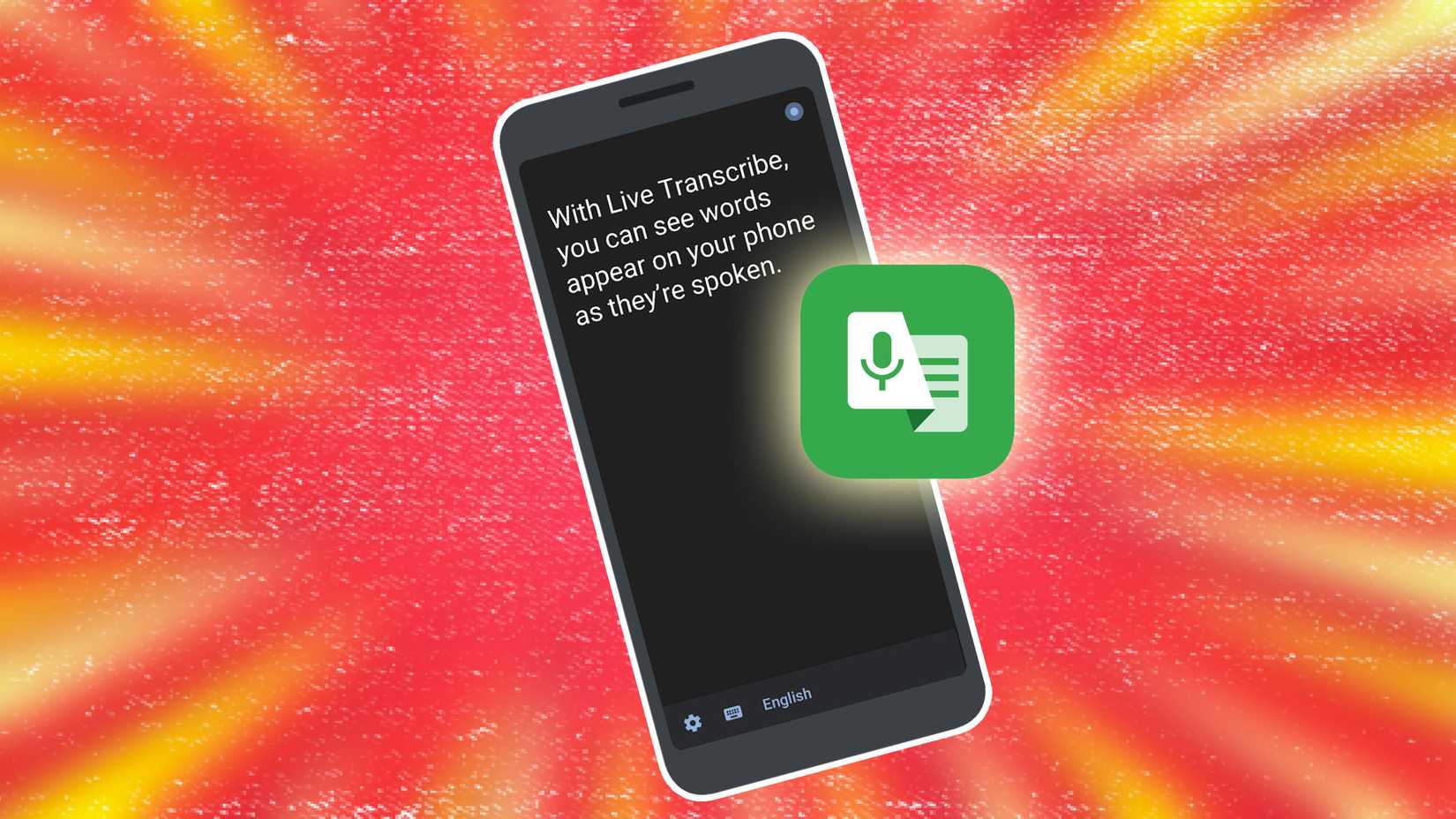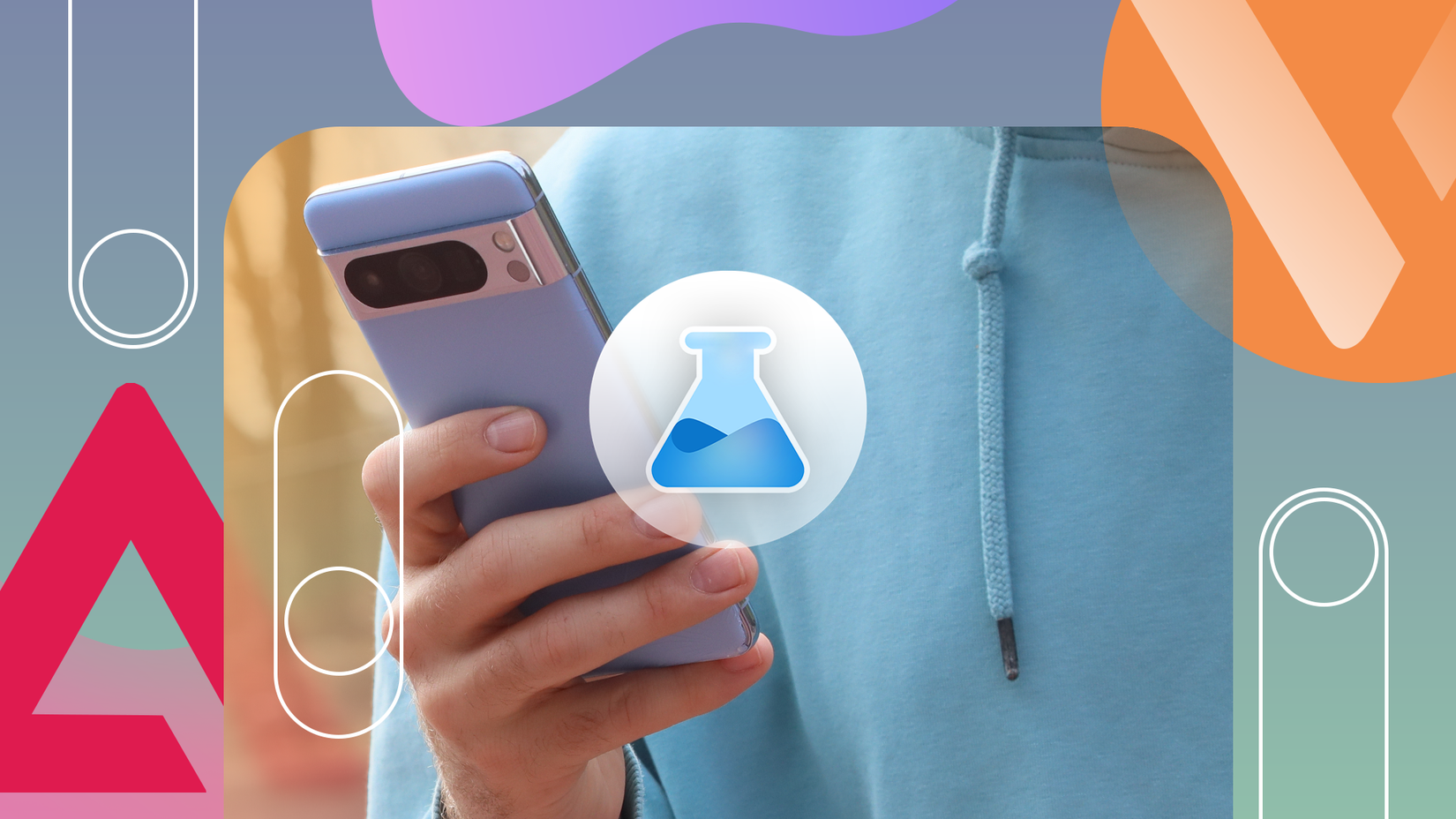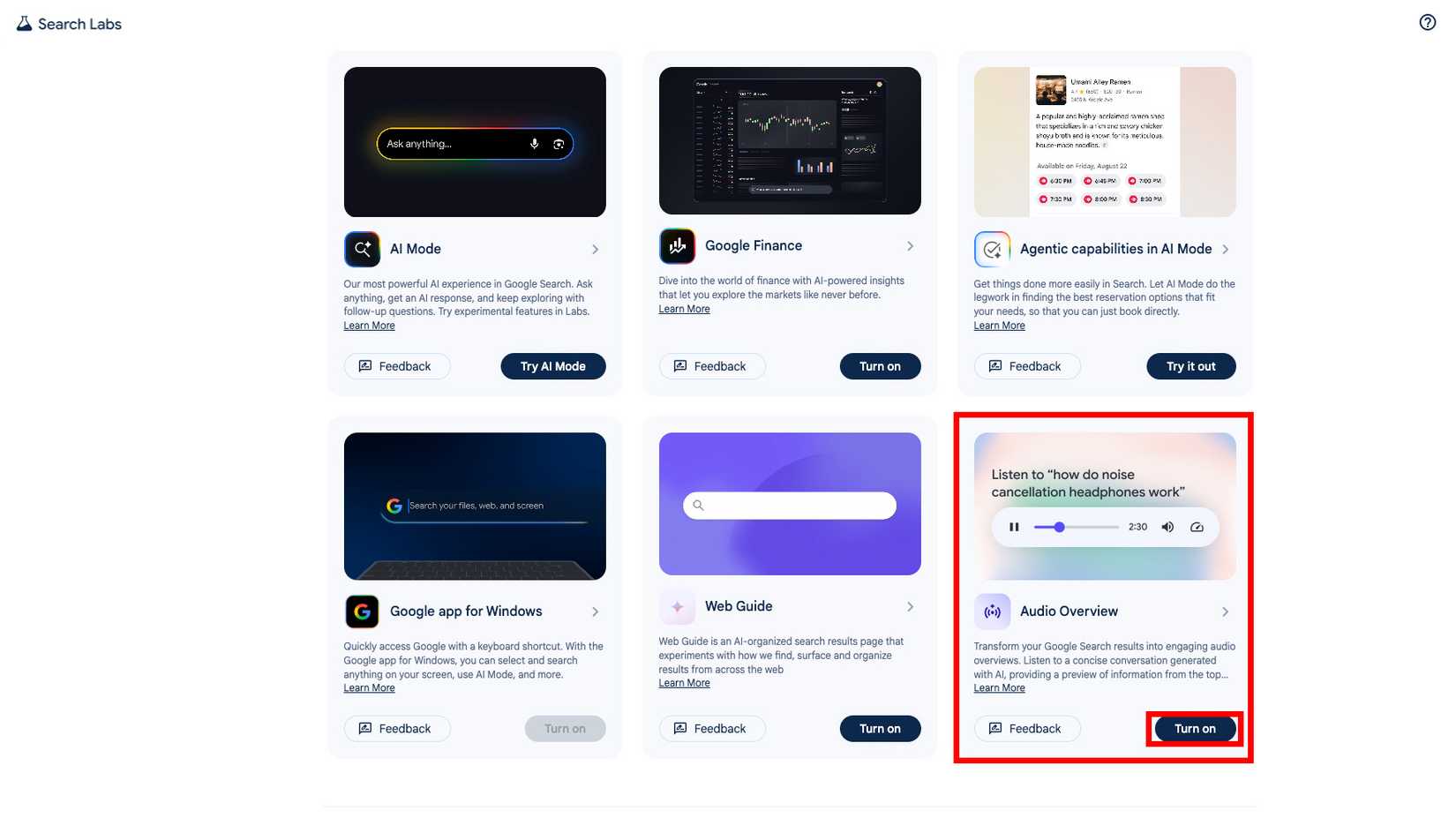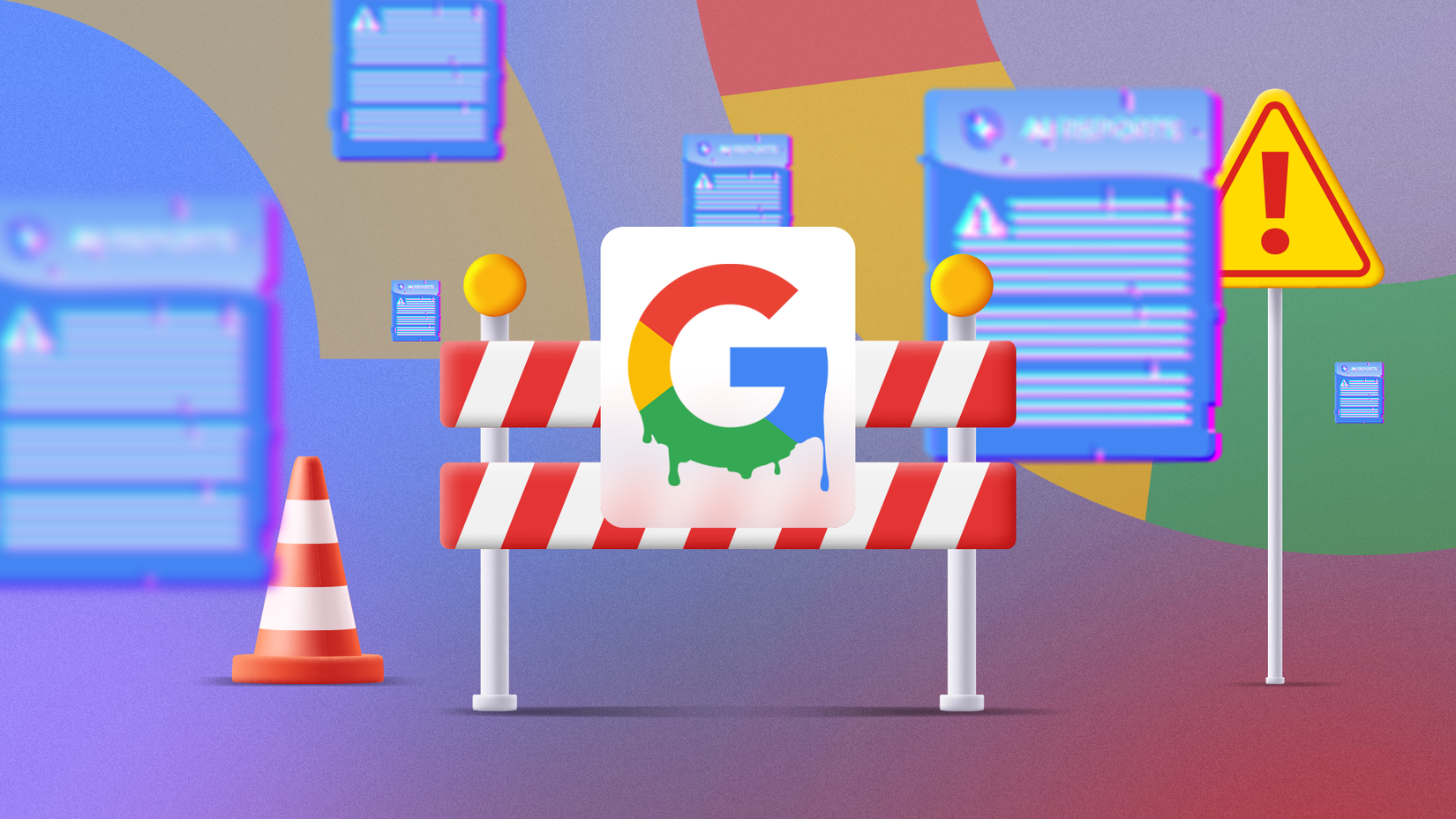The average American consumes the equivalent of 34 GB of data daily. This constant digital firehose keeps our brains hyperstimulated and is a major contributor to stress and anxiety.
We go online seeking a simple answer, but instead find ourselves in a digital marketplace where our attention is the currency.
After years of wrestling with this problem, I found a clever AI solution built into Google Search that talks to me.
The messy reality of today’s web searches
Consider a typical web search to see why this feature felt revolutionary. A few weeks ago, I needed to prune my fiddle-leaf fig.
I searched on my phone for the best way to do so. The first result was a lifestyle blog. Before I could read, a full-screen pop-up asked for my cookies.
Frustrated, I tried the second link, which offered contradictory advice. Ten minutes and five tabs later, I still had no answer, but I had a headache.
Meet Google’s Audio Overviews
So what was the solution I came across? Audio Overviews is an experiment in Google’s Search Labs, the company’s public testbed.
This feature extends the text-based AI Overviews into audio. These overviews evolved from Google’s Search Generative Experience (SGE).
AI Overviews summarize information from multiple pages directly in search results. Google then uses Gemini to synthesize information for a conversational summary.
The interface is simple. A small audio player docks on the results page, letting you scroll and browse while you listen.
As it speaks, it highlights the matching text in the overview and links to the source sites used for the summary so that you can dive deeper.
You can adjust playback speed and give thumbs-up or thumbs-down feedback to help Google refine it.
What changed when I stopped reading and started listening?
First, it delivers a single, coherent summary. Instead of opening five tabs, filtering fluff, and reconciling conflicting posts, the AI does the work.
Gemini scans multiple reputable sources and combines key insights into one concise narrative.
Second, it facilitates hands-free, multitask-friendly listening. While behind the wheel, you can’t safely read articles or watch videos.
Let Google read recipe steps, cooking tricks, or nutrition tips aloud as you work with your hands in the kitchen.
This feature also avoids pop-ups, banner ads, and autoplay videos. However, Google could still choose to layer ads into the feature.
The bonus accessibility benefits
While it helps with focus, Audio Overviews also bring meaningful accessibility benefits.
For people with visual impairments, Audio Overviews shift the web from visual to auditory and complement screen readers.
For those with dyslexia or other reading difficulties, Audio Overviews make online content less overwhelming.
It’s also a powerful learning feature. Many people are auditory learners, meaning they retain information more effectively when it is spoken aloud.
Where to access Audio Overviews
Access to Audio Overviews is simple. After you’ve signed in to your Google account, look for the Labs icon, which looks like a beaker, or visit labs.google.com/search.
Find the AI Overviews and toggle it on. When it’s activated, you don’t have to do anything else.
When Google’s systems determine that an audio summary could be helpful for one of your searches, the Generate Audio Overview button will automatically appear.
Currently, the experiment is only available for English-language searches in the United States.
It’s not ready to fully trust just yet
The feature is still a work in progress, and it’s essential to approach it with a healthy dose of realism. For one, its availability is inconsistent. Because it’s still an experiment in Search Labs, it doesn’t appear for every query.
Furthermore, like all generative AI, it carries the risk of hallucinations. These are instances where the AI presents inaccurate information with complete confidence.
Google is transparent about this, warning users that the feature is experimental and may contain inaccuracies or audio glitches.
I trust it for a general overview, but I always refer to the sources provided for critical facts.
Finally, it’s a summary, not a substitute for a deep dive. It can lack the source articles’ nuance, depth, and original perspective. It’s an excellent starting point for research, not the end of it.
Search is slowly becoming a conversation
My experience with Audio Overviews has been small but meaningful. I shifted from a distracted, tab-hoarding searcher to a focused, intentional listener.
NotebookLM and Gemini offer a similar feature, signaling the direction Google is moving toward. Google’s vision for search is multimodal, conversational, and more intuitive.
Evolving voice interfaces reshape our relationship with technology, making it more human-centered.



